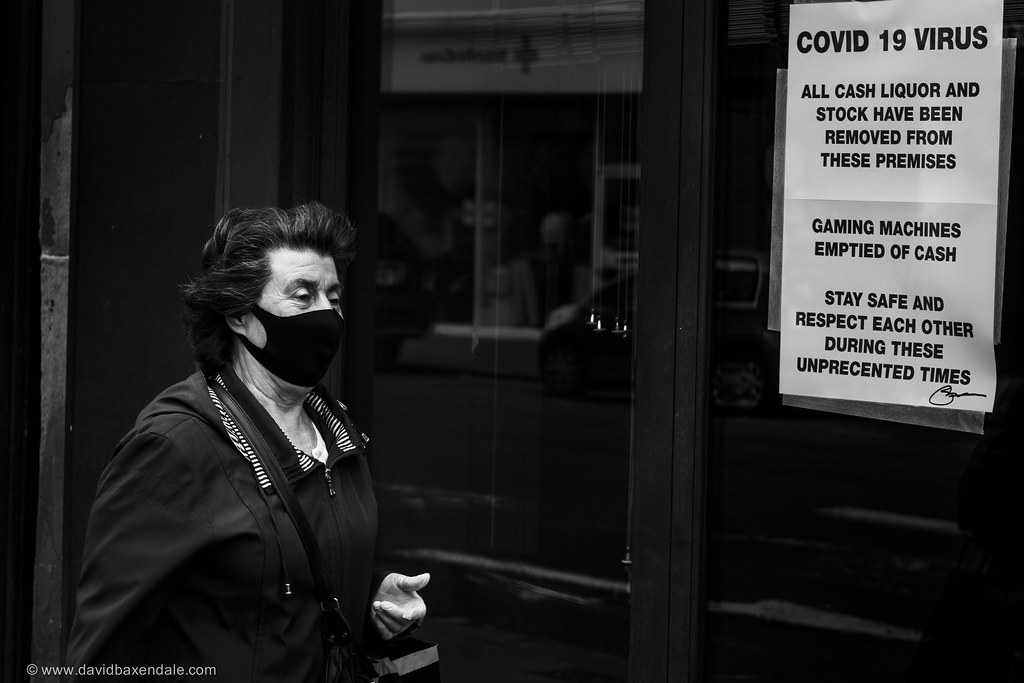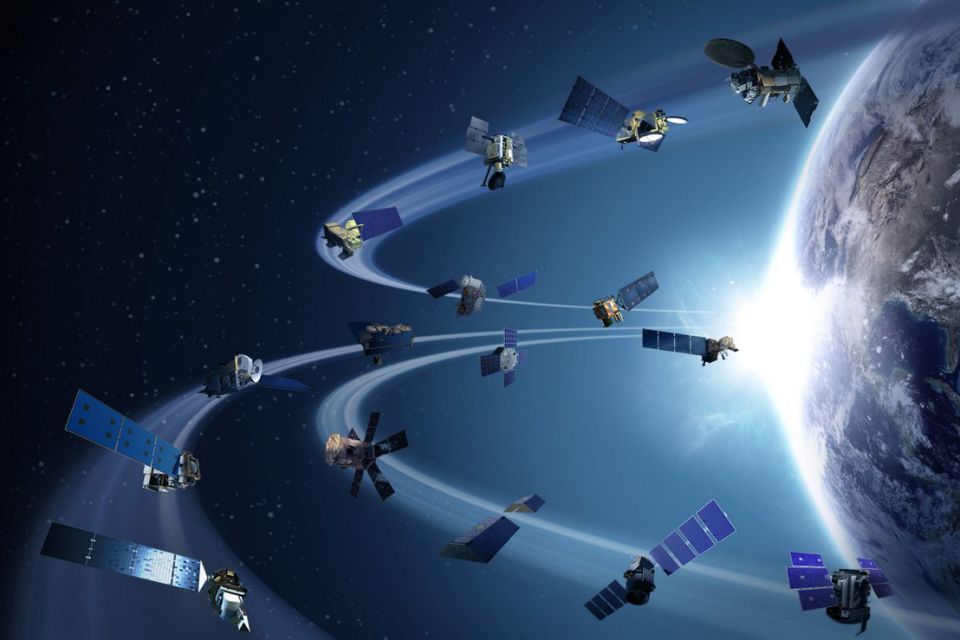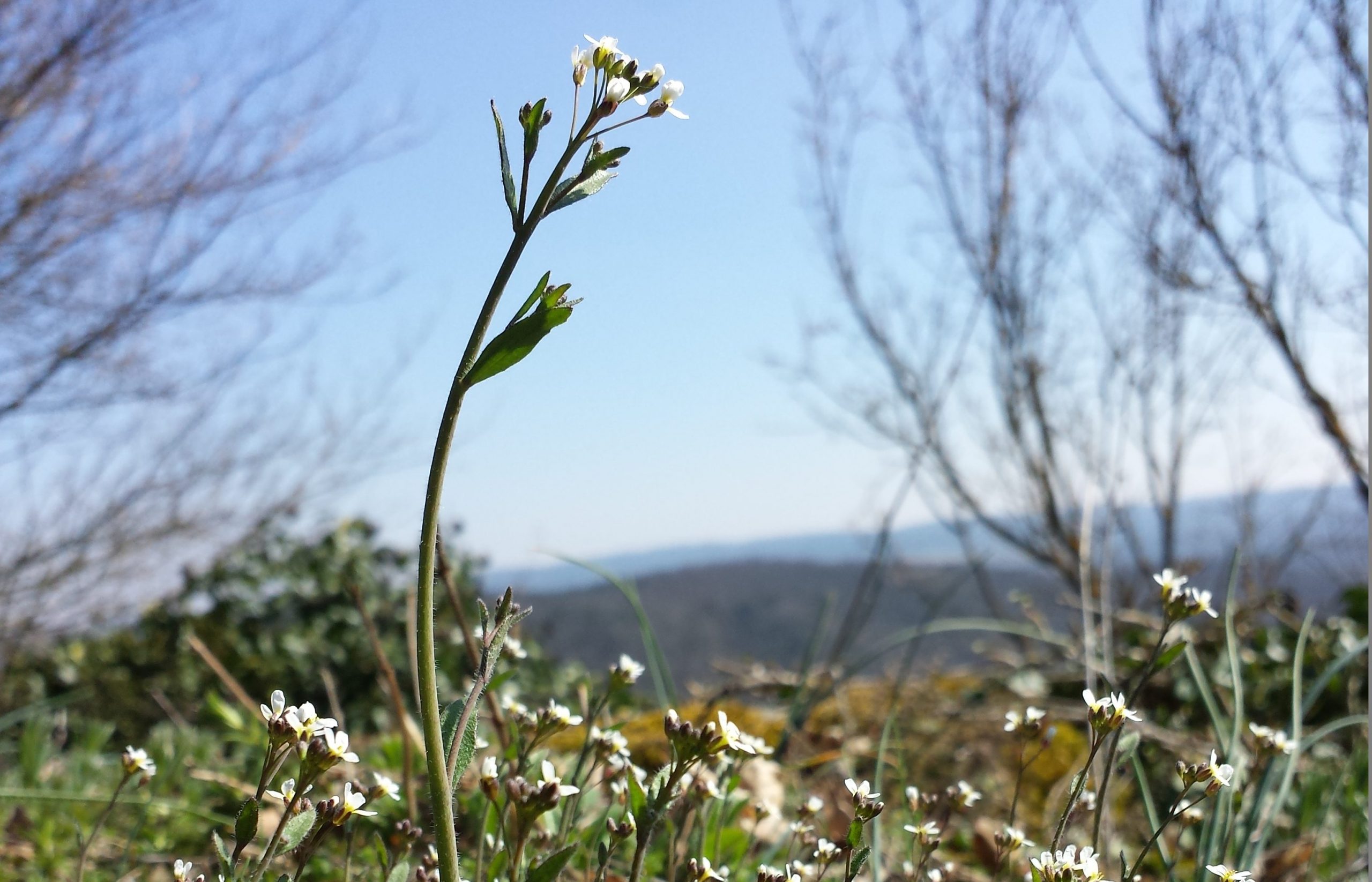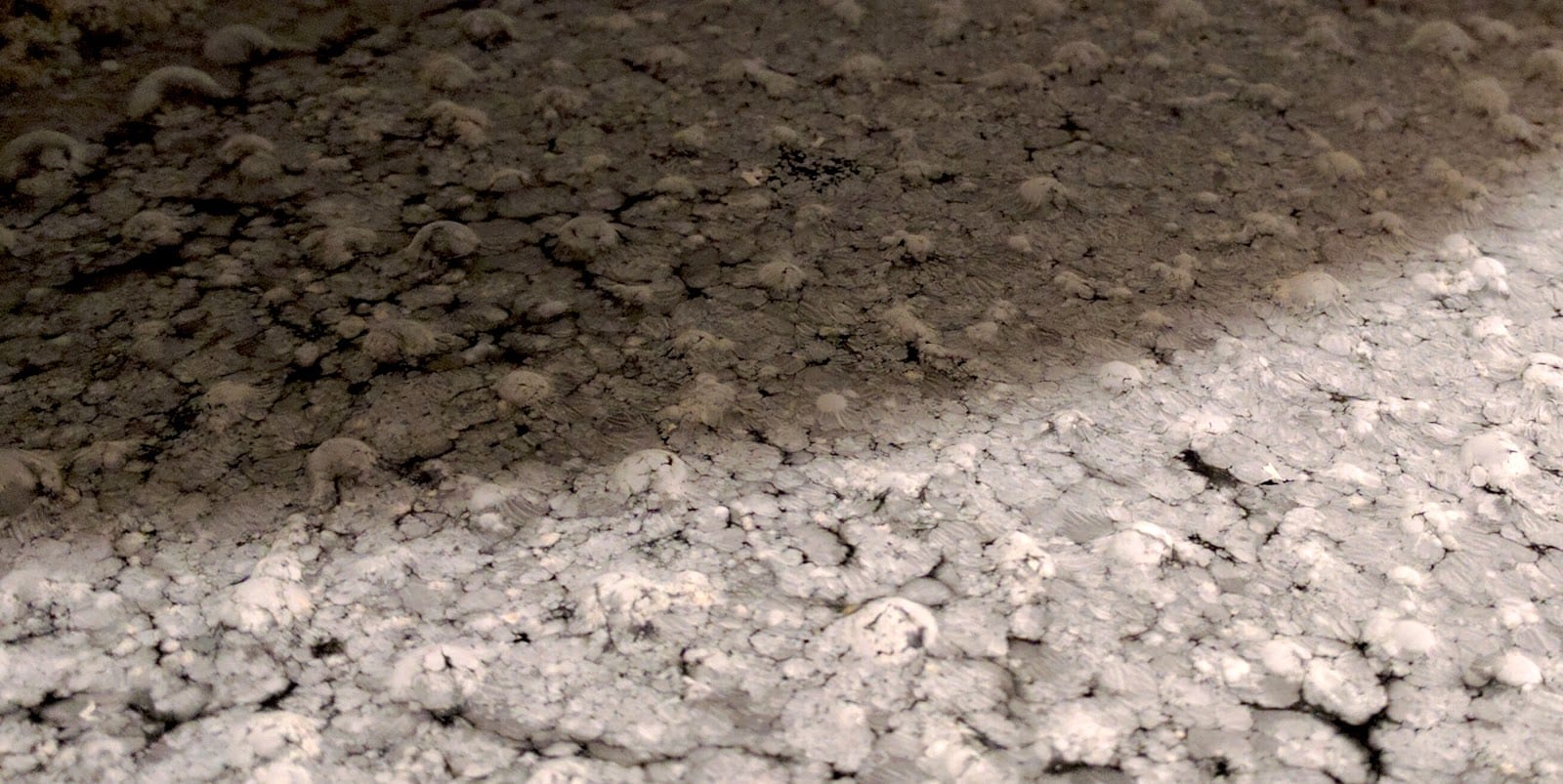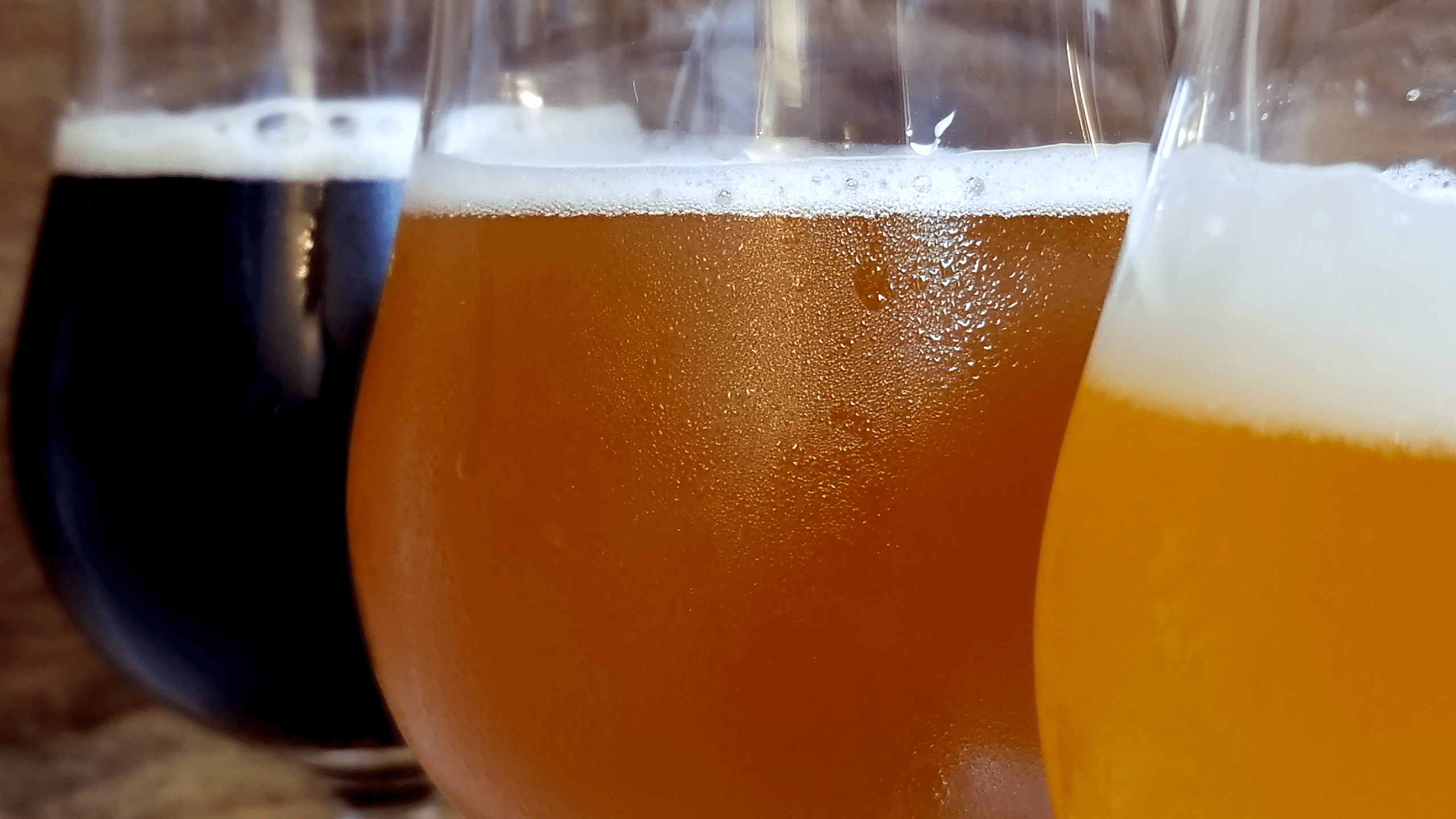
Learning Disabled People Are (Metaphorically) Disappearing
Growing up in the special education system, I noticed an interesting phenomenon: learning-disabled students become invisible as they age. That isn't to say that they aren't in the building, but that they work hard to make it less and less apparent that they are learning-disabled. By the time learning-disabled students enter college, their learning disability

